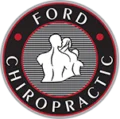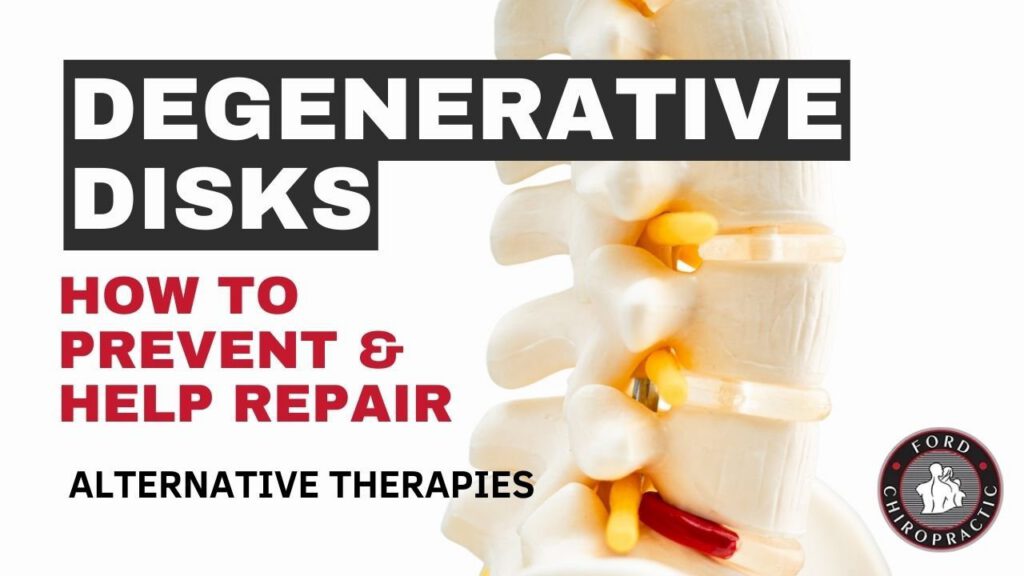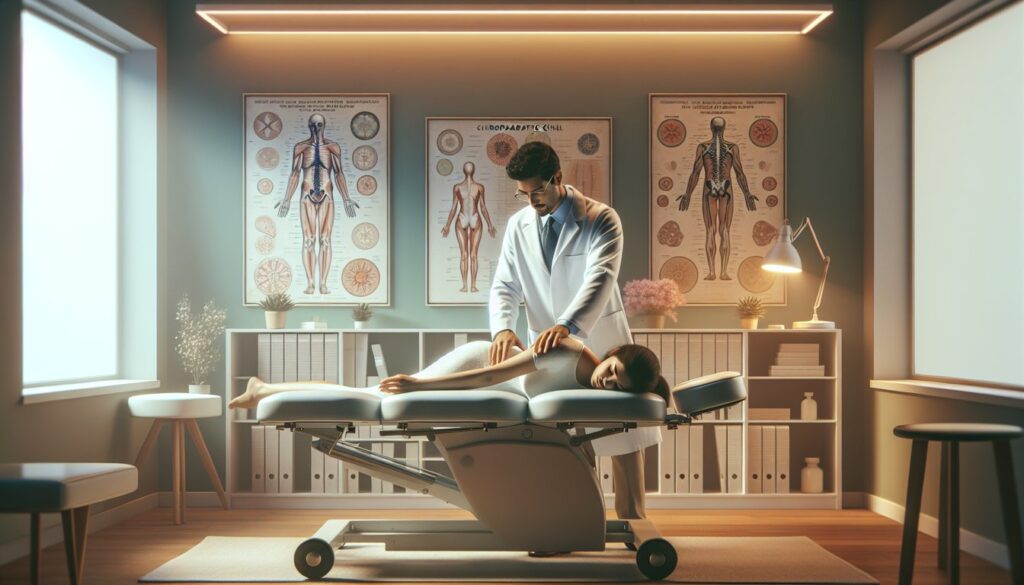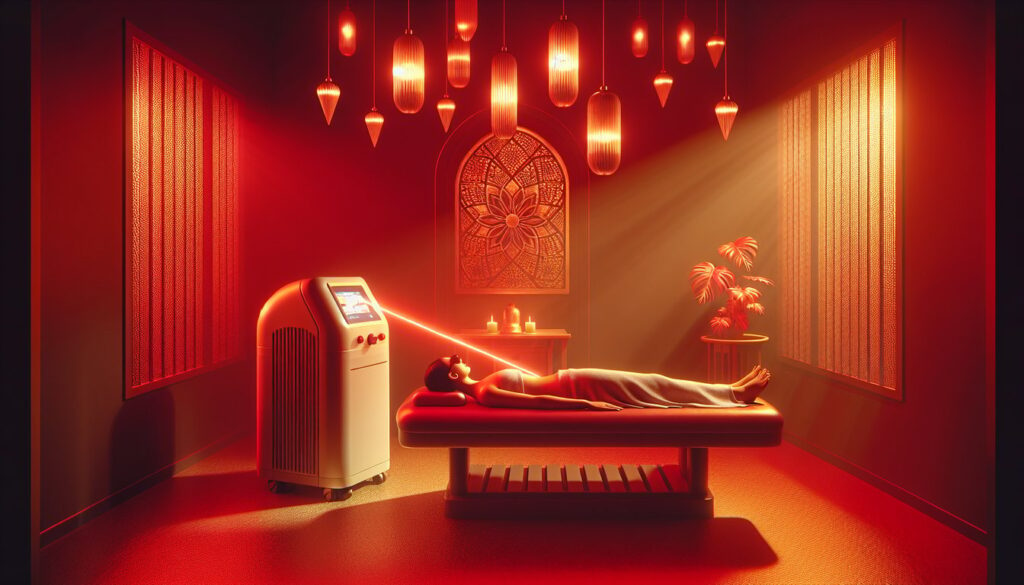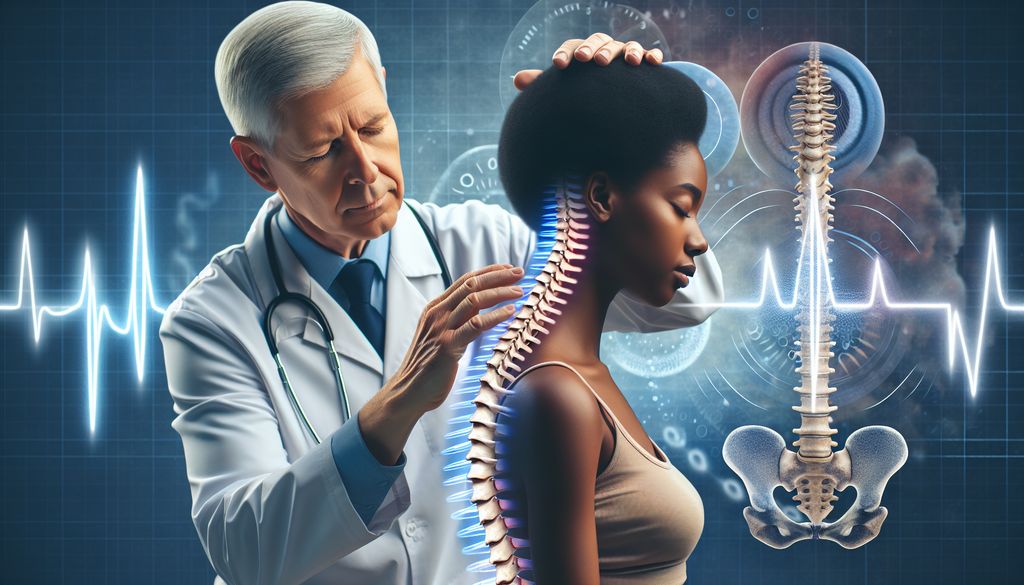Jane always thought back pain was a rite of passage into her senior years. Yet, as she sat at her doctor’s office, she realized the discomfort she felt wasn’t merely age-related. It had a name: degenerative disc disease (DDD). This condition isn’t merely about ‘getting old.’ It’s a disease that requires understanding, both in its severity and the stages it encompasses, to better manage and treat it.
How Serious is Degenerative Disc Disease?
Degenerative Disc Disease, often characterized by chronic back or neck pain, isn’t just a singular issue. It’s a progressive ailment, impacting millions globally. In the U.S. alone, it’s estimated that at least 30% of people aged 30-50 years show some degree of disc degeneration, even if they’re not always symptomatic.
Untreated DDD can lead to complications. Chronic pain, reduced mobility, herniated discs, or even spinal stenosis are just the tip of the iceberg. These complications can severely diminish one’s quality of life. Thus, it’s essential not to brush it off as mere ‘back pain.’
Here are some generalized statistics related to Degenerative Disc Disease (DDD) and back pain:
- Prevalence of DDD:
- Back Pain in General:
- Back pain is one of the leading causes of disability worldwide3.
- In the U.S., more than 80% of people will experience an episode of low back pain at some point in their lifetime4.
- The direct and indirect costs associated with back pain-related issues in the U.S. surpass $100 billion annually, including lost wages and decreased productivity5.
- Treatments and Surgeries:
- Over 460,000 spinal fusions are conducted annually in the U.S., with some of these being for DDD-related complications6.
- Non-surgical treatments, such as physical therapy or chiropractic care, are the initial recommendation for over 90% of those diagnosed with DDD7.
- Impact on Quality of Life:
- Chronic back pain, often associated with DDD, results in about 83 million lost days of work in the U.S. every year8.
- Patients with untreated or poorly managed DDD are three times more likely to report depressive symptoms compared to the general population.
The 4 Stages of Degenerative Disc Disease:
- Initial Stage: At this nascent stage, individuals might feel slight discomfort or even remain asymptomatic. The changes in the disc are minimal, perhaps due to dehydration or minor injuries.
- Mild Degenerative Changes: As the disease progresses, discs begin to lose more hydration. This stage might present with infrequent pain episodes, especially after physical activities.
- Moderate Degenerative Changes: This is where noticeable symptoms become more regular. There’s a pronounced loss of disc height, causing bones to come closer and potentially pinch nearby nerves.
- Severe Degeneration and Complications: At this stage, the discs have undergone significant wear and tear. Pain is persistent, and there’s a risk of developing bone spurs or disc herniations.
With each advancing stage, daily tasks can become challenges. From bending to pick something up to merely sitting for extended periods, the disease’s progression can be debilitating.
Is There a Cure for Degenerative Disc Disease?
When the topic of a ‘cure’ arises, it’s pivotal to discern between completely eradicating the disease and efficiently managing its symptoms. Currently, medical science has not pinpointed a definitive ‘cure’ for DDD. However, this doesn’t render the situation hopeless or unmanageable.
Degenerative Disc Disease is a chronic condition, often rooted in the natural aging process combined with genetic, environmental, and lifestyle factors. As the intervertebral discs lose hydration and elasticity, they become more susceptible to wear and tear. But why is there no cure?
Complex Etiology:
The causes of DDD are multifaceted. While age is a significant factor, genetics, previous injuries, occupational hazards, and even smoking can contribute. This diverse range of causes makes finding a one-size-fits-all cure challenging.
Natural Aging Process:
DDD is, in part, a consequence of the body’s natural aging process. Just as skin wrinkles or hair grays, spinal discs degenerate over time. Halting or reversing this inherent process is a tall order for medical science.
Variability in Symptoms:
Not everyone with disc degeneration experiences pain or discomfort. In fact, some individuals with significant disc wear, as seen on imaging tests, may lead completely pain-free lives. This variability makes it hard to develop a universally applicable cure.
But there’s hope. With advances in medical research, numerous strategies have been developed to manage DDD effectively. While these might not ‘cure’ the condition, they can significantly reduce pain, improve mobility, and enhance overall quality of life.
Management Over Cure:
The focus for healthcare professionals is to halt or slow the progression of the disease, alleviate pain, and restore function. Through a combination of physical therapy, medications, lifestyle changes, and, in severe cases, surgery, many patients find relief. It’s a testament to the resilience of the human body and the adaptability of modern medicine.
In the realm of DDD, knowledge is empowerment. Understanding the nature of the disease, its progression, and available treatments allows patients to take an active role in their health, seeking timely interventions and making informed choices.
So, while we might not have a magic bullet cure for DDD, the tools and strategies at our disposal offer hope, relief, and a path towards an active, fulfilling life.
Solutions and Fixes for Degenerative Disc Disease:
Treatments for DDD can be broadly categorized into non-surgical and surgical.
Non-surgical Treatments:
- Physical Therapy: Customized exercises can help strengthen back muscles and enhance flexibility.
- Medications: Over-the-counter pain relievers or prescription drugs can mitigate pain and inflammation.
- Lifestyle Changes: Maintaining a healthy weight, practicing good posture, and avoiding tobacco can positively impact the disease’s course.
- Chiropractic Care: Chiropractic care is a wonderful way for you to be helped with your degenerative disk problems. It is a safe, non-invasive alternative to surgery and other medical treatments. Chiropractic works by manipulating the spine to relieve pressure from the nerves, muscles and joints that can cause pain. By restoring proper alignment to your body, chiropractors are able to reduce pain, improve posture and promote overall better health. With regular treatment sessions, you can achieve long-term relief and enjoy improved overall wellbeing. We at Ford Chiropractic have experience in treating a variety of degenerative disk issues, so you can count on us to help relieve your pain and discomfort. Contact us today to learn more about our services! You can also watch this video of Dr. Ford explaining and demonstrating what is going on in your back and neck.
Surgical Treatments:
For those with severe symptoms not responding to conservative treatments, surgical options like spinal fusion or disc replacement might be recommended. These procedures aim to provide lasting pain relief and restore normal spinal function.
Degenerative Disc Disease might sound daunting, but with timely detection and intervention, its progression can be slowed, and symptoms managed. If you or someone you know experiences persistent back pain, seeking medical advice early on can make a world of difference. Remember, with the right approach, it’s entirely possible to manage DDD and reclaim a life of activity and joy.
Take Control of Your Spinal Health Today!
Don’t let back pain dictate the rhythm of your life. At Ford Chiropractic, we’re dedicated to providing top-tier care and cutting-edge treatments to manage conditions like Degenerative Disc Disease. Recognized as one of the the best chiropractors in N. GA, our team is ready to guide you on the path to a pain-free and active lifestyle. Reach out to us today, and let’s embark on your journey to optimal spinal health together. 🌟
📞 Click here to contact Ford Chiropractic now and reclaim the quality of life you deserve!
